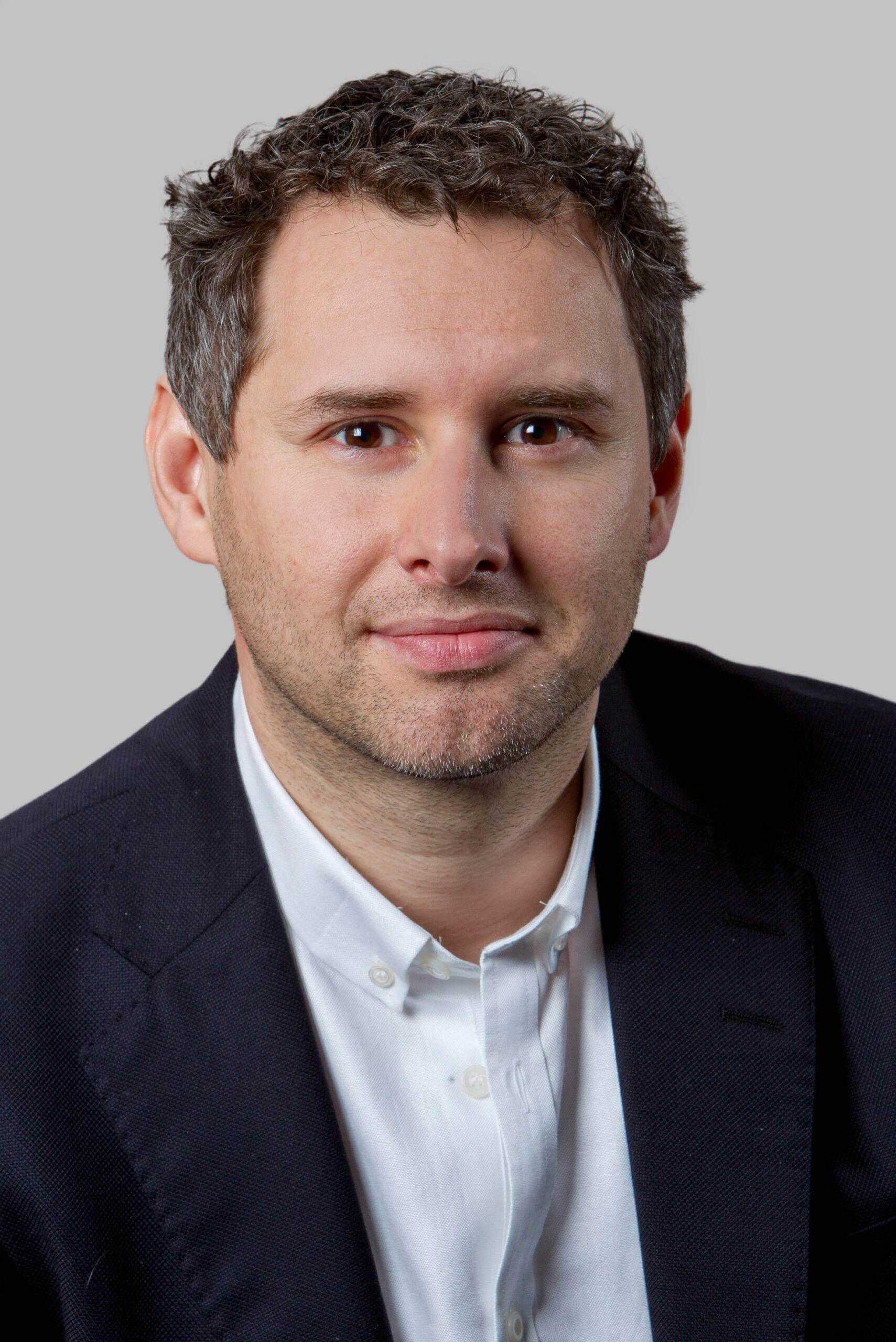David Iben (Dave), CFA from Kopernik Global Investors is our Fund Manager of the Month

31 AUG, 2022
By Leticia Rial from RankiaPro Europe
David Iben (Dave) CFA is the Lead Portfolio Manager of the Kopernik Global All-Cap and Global Unconstrained strategies, and the Co-Portfolio Manager of the Kopernik International and Global Long-Term Opportunities strategies. He is the Chief Investment Officer, Managing Member, Founder, and Chairman of the Board of Governors of Kopernik Global Investors.
Prior to Kopernik, Dave managed the $2.7 billion Global Value Long/Short Equity portfolio at Vinik Asset Management, where he was a director and head of the Global Value team (July 2012 through March 2013).

When and how did you start your career in the financial industry? Was a role in the investment funds industry always attractive to you?
I got into the business purely through good fortune. I was an animal science major hoping to be a veterinarian. I’ve always loved games of strategy. I stumbled onto the stock market which seemed to be the perfect intersection of strategic thinking, intellectual curiosity, and the opportunity to realize gains for clients. It still seems so. In 1981, fifteen years into a bear market for stocks and bonds, no one was pursuing the field. I hadn’t even heard of Security Analysts when I stumbled onto an opportunity, just days before almost accepting a job offer from Price Waterhouse (now PwC). I started the first day of 1982 and have enjoyed four decades of bull markets.
What is the most exciting thing you have seen in the markets over your years of experience? And the least?
This is a somewhat impossible question, but if I have to boil it down to one thing, let’s call it “The Madness of Crowds.” Forty years ago, I thought that this business was basically science. Now I view it as art, sitting upon a solid foundation of science. Seeing the ridiculous valuations of Japan, junk bonds, the TMT stocks, and financial stocks, in 1989, also ’89, 1999, and 2007, respectively has been surreal. It certainly drove home the point that markets are far from efficient and each of the above were subsequently followed by a nasty correction. These, in turn, created tremendous investing opportunities. We are watching the current, nascent correction of the ‘bubble in everything’ market with great interest.
Least exciting? I’ve not been bored in four decades.
Most disappointing would be the global intrusion of ‘big brother’ into society and the marketplace.
What key principles drive your investment process and why?
Philosophically, we believe that the market is not efficient, and that at certain times (like now) they are far from efficient. The EMH’s tenet that mankind is rational doesn’t hold water, especially as pertains to crowds.
Therefore, simply put, our process is to develop an understanding of businesses, appraise their intrinsic worth, build in a margin of safety to adjust for risk, and invest in their securities when the market offers them at a significant discount to our Risk-Adjusted Intrinsic Value.
How are you adapting your portfolio to the current situation of the markets?
Every market has challenges and opportunities. As bottom-up investors, we adapt by investing in those things that the market is offering at a significant discount. Sometimes that is US-based, sometimes global, sometime growthy, sometimes down-and-out, sometimes big, sometimes small.
In an otherwise very expensive market, the market is offering up bargains in two distinct areas: emerging markets, and what we refer to as ‘latent’ value – value assets that lack visibility on the timing of cash realizations. We are adapting by investing in these areas.
Another point worth mentioning is that we are taking advantage of the high levels of volatility to trim positions that have risen and add to positions that have fallen to fire-sale prices. We don’t view volatility as a risk, but as a given and as a creator of opportunity.
What companies do you like to include in your portfolio? Do you have any red lines when it comes to selecting an asset for your portfolio?
We believe strongly in diversification across securities, industries, sectors, countries, management teams, currencies, etc. We recognize that we will be wrong sometimes and early much of the time. Having adequately diversified, we believe that there is a price for everything. We will consider most things at the right price and are even willing to personally shoulder some business specific risk if, by doing so, we can lower the level of risk to our clients’ portfolios.
We previously mentioned that we like to take what the market is giving to us. Therefore, in this market we like to include long-lived natural resources and EM-based quality franchises. The former category includes: small cap, but large resource, North American based gold companies (Seabridge, Northern Dynasty, Wheaton Precious, and Royal Gold); large polymetallic resources (Turquoise Hill, Ivanhoe Mines, Impala Platinum); natural gas fields (Southwestern, Range Resources); and uranium (Cameco, Kazatomprom, Nexgen, Fission). Bargains on quality oligopoly providers of necessities can be found in the EM and in Japan: Korea Telecom, CGN Power, Halyk Savings Bank, Hyundai Motors, West Japan Railroad, Mitsui, Mitsubishi, and Eletrobras.
How would you describe yourself in 3 words?
It’s difficult to describe oneself in only three words. Hmmm – let’s go with Logical, Ethical, Intellectually-curious.
Would you give any advice to anyone wanting to start a career in the asset management industry?
My advice to is do it for love, not for money. It is exciting, with tremendous ups and downs. If you’re not in the business for the right reasons, the down times would be unbearable.
Things like hard work, intelligence, discipline are prerequisites. You need to bring more to the table – I recommend becoming familiar with Charlie Munger’s Latticework of Mental Models and take them to heart. Also, knowing what ought to be done and doing it are separate things. It takes conviction and integrity to do the right thing when doing so is deeply unpopular or career threatening.
Seek a firm that is a philosophical fit and a manager whom you respect and can learn from.


